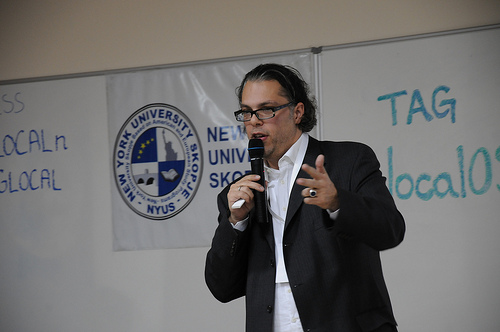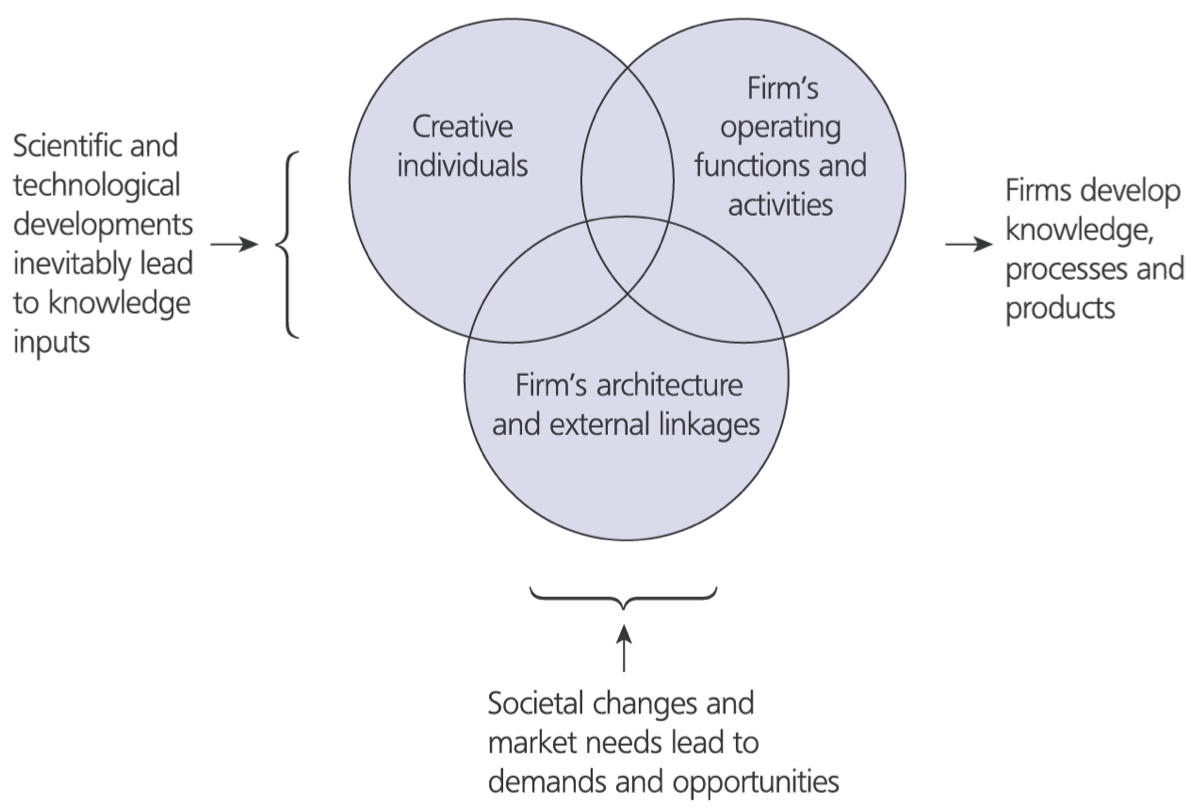
- Image by New Media Center via Flickr
As some of you already know, I have recently been to a conference in Skopje, Macedonia. The conference “Glocal: Inside Social Media” was hosted by the New York University Skopje and had a great line-up of practitioners as well as academics. Here is a short summary from the offcial blog on my presentation:
“Social media is people having conversations and interactions,” underlined Oliver in his presentation, clarifying that it’s not about a group of individuals broadcasting as a company, which would not mean ‘social’ anymore. “It’s about people having conversations, people having to listen, and not only to speak. Communication has changed.” Read more





![Reblog this post [with Zemanta]](http://img.zemanta.com/reblog_c.png?x-id=15fa02da-6f14-4d3f-9c30-ffad0348e94c)
